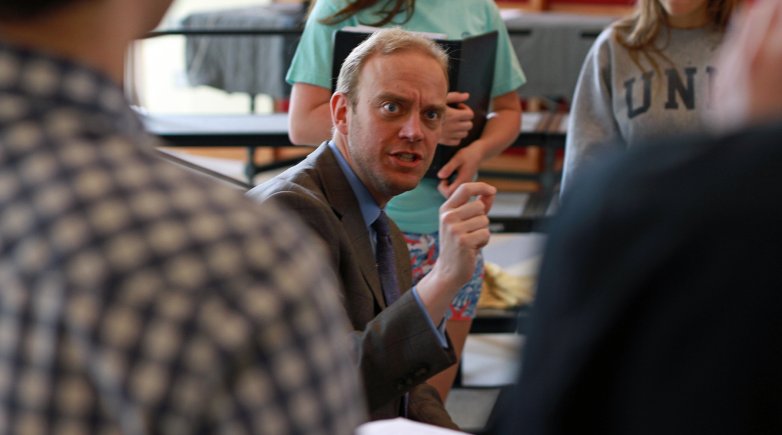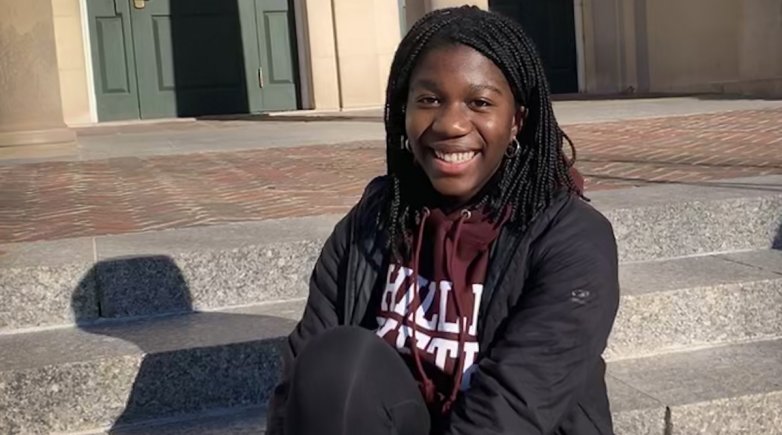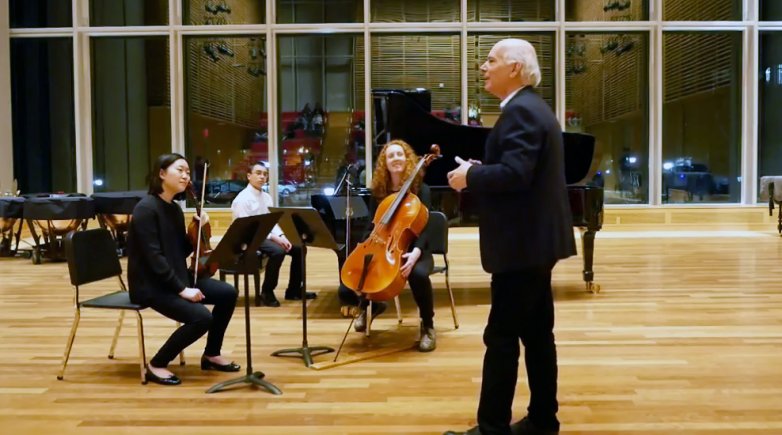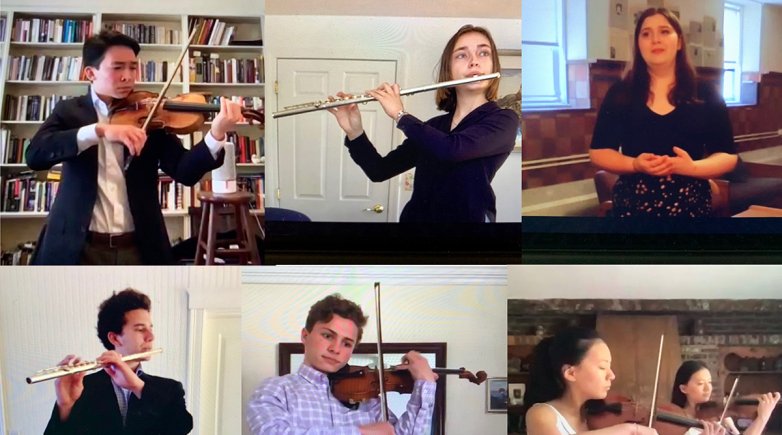Beginning in the 2020-21 academic year, the Music Department will offer entirely new classes in contemporary music making, electronic music and art music. This expanded coursework includes digital music production as well as related media recording, postproduction and electronic compositions taught by the director of music theory and technology, a new position at the Academy. “We’re affording our kids extraordinary experiences they find really hard to replicate in college and beyond, ” Johnson says.
Johnson also has plans to launch an ensemble for electronic music makers and is working toward building a global-initiatives focus in the music curriculum. “It would be something that could add more equity across our program,” he says.
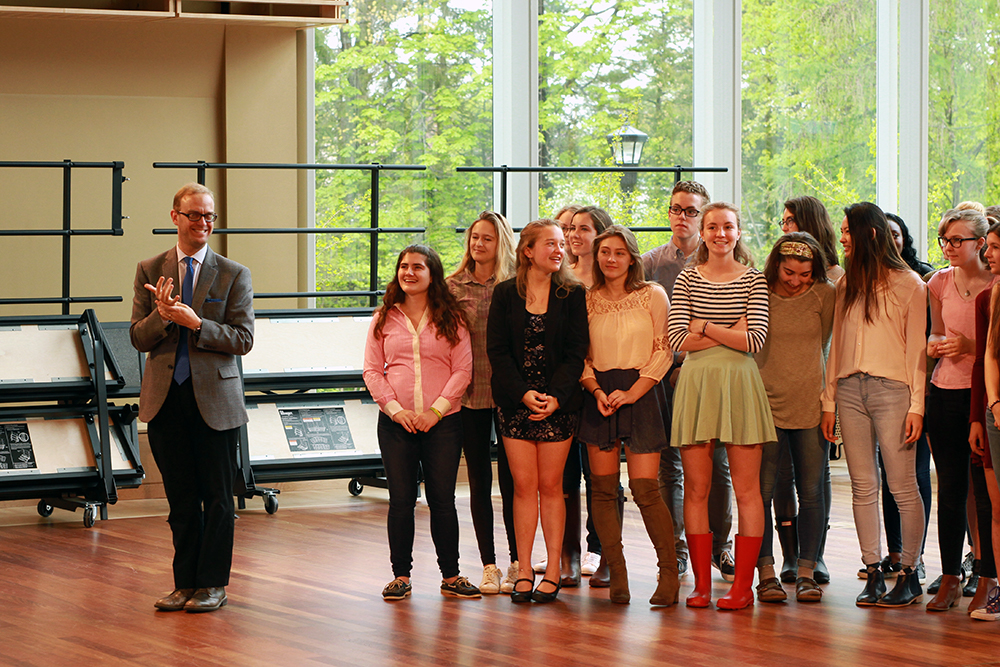
Department quick takes
Custom curriculum
“Most music is really advanced, and it calls for crazy extended techniques that are just beyond high school aged kids, even extraordinary high school kids, to perform,” Johnson says. To remedy that, he is commissioning work from composers specifically written for Exonians. “That is unlike any other school that I’m aware of,” Johnson says. “To be actively getting new music written for the appropriate technical level for our kids — it’s a statement about how important we believe new music composition is.”
New voices on campus
Up to three times a year, Johnson invites onto campus performers who rehearse with students, offer master classes, present at assembly and give a concert for the entire community. “Our programming for this year reflects the commemoration of coeducation,” Johnson says. “There’s a woodwind ensemble group that was founded by all women of color. The plan is for them to speak to our kids about what it is like to be a woman of color in the classical music world and trying to make it in that game.”
Pursuing passions
More than half of all students participate in Exeter’s music program — either formally in choirs, ensembles and private lessons, or as members of clubs. “A kid can interact with the music program in all those different modalities,” Johnson says. “We are allowing them to run with their musical passions as far as is possible while being extraordinary debaters or scientists in training.” Johnson draws upon endowed funds to offer more students access to the program. “There is a real cost of entry,” he says. “Our aspiration is that someday private lessons would have no additional cost to any student.”
On-the-ground experiences
“Performance tours are critical to kids’ experience in music in high school,” Johnson says. “They are memories that they will have for their whole lifetime and give such incredible focus to the year.” In 2019 Johnson led Concert Choir and Chamber Orchestra students on a weeklong adventure to explore England’s rich musical and cultural history. Students collaborated with musicians from local schools, performed formal concerts and took a workshop with an internationally-acclaimed conductor. Johnson also organizes outreach trips. “We went out to the Desert Southwest of California and sang for people in homeless shelters and kids in schools who are underserved in music,” he says. “We were really trying to get our kids exposed to that, and to bring music out to others.”
